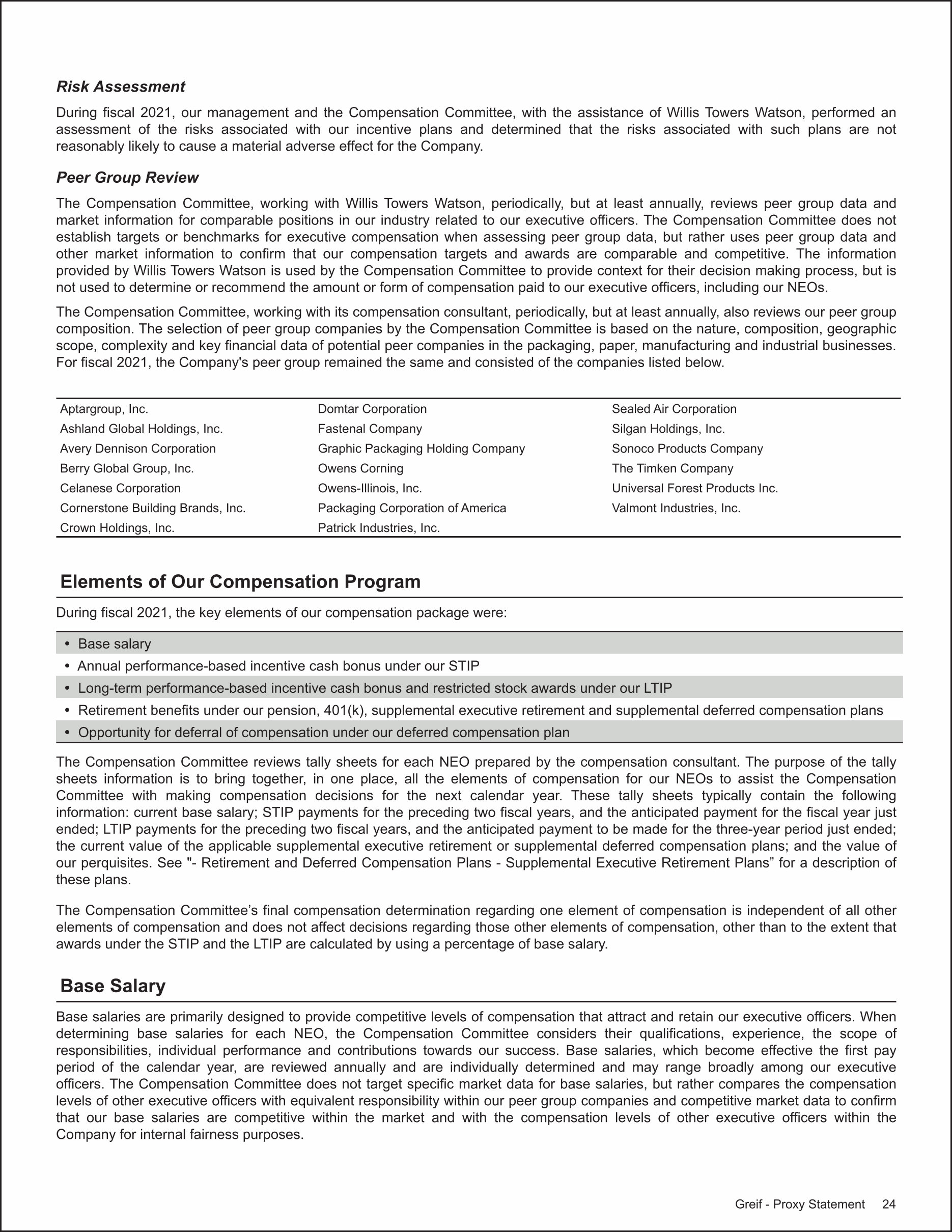
Software engineering is a career that involves creating programs and other applications using various software tools. This role requires a wide array of skills, including hard and soft skills. These skills include the ability create both front-end, back-end, and core code. You also need to be able coach and train your team. Software engineers must also be able to multitask.
Job description
Software engineers should have job descriptions that clearly describe what the job requires. These documents usually include details about the person's education or training, what skills they will need, and how many hours they will work. You may also need any personal skills to be a software engineer.
While the job description for a software engineer will vary from one organization to another, it will generally include software development, modeling and simulation, quality assurance, user analysis, software integration, maintenance, and testing. Software engineers may also need to stay current with technological advances in order to meet job requirements.
Requirements
An entry-level position as a software engineer requires a bachelor's in computer science, or a similar field. Programming skills can also be essential, particularly in the area of scripting languages or object-oriented programs such as C++. Soft skills are also necessary, including communication, organization, and project management.

Software engineers should be good at working in a team. Despite the technical nature of their work they need to be good communicators and great people skills. Software engineers are highly sought after in today's business environment. Software is used by companies to streamline their processes, from insurance to fashion to manufacturing to government services.
Salary range
Software engineers are paid in a variety of different ranges. Frontend developers are the lowest-paid, earning an average salary between $65,000 and $75,000. Backend engineers, who earn $90,000-$100,000., are the highest paid. C, Python or C++ are the best-paying programming languages. Mobile developers are more successful than backend developers, but frontend developers get the lowest salaries. CTOs and VPs of engineering can earn more than $120,000.
Software engineer salaries can vary depending on where you live. Software engineers can earn upwards of $108,000 annually in New York City. In a lower-paying city, however, entry-level software developers will often earn less than $60,000. The salary range of a Software Engineer will vary depending on their experience and skills.
Company
You must be proficient in programming and communication to become a software engineer. In addition, you need to be creative and innovative. Your job should include learning new programming languages. You may decide to take on a leadership role or lead a team.
Software engineers enjoy solving problems and are skilled at analysis. With technology improving, the demand for such people is increasing. Software can be found in almost all industries today, so it doesn't matter if your goal is to work in a certain department or in multiple areas.

Structure of career path
A career as a software engineer requires a variety of skills. As a software developer you will need to master new programming languages, analyze data and evaluate the security and cost implications of software development projects. Furthermore, you'll need to be able to comprehend the technical requirements and overall business objectives. You will often be required to create detailed technical documentation. Additionally, you will need to be able to test and design software systems.
Software engineers may focus on maintaining and building websites. These professionals should have good Linux knowledge and experience in scripting languages. They should also be able to understand security and infrastructure automation. They should also know how to handle code version changes frequently.
FAQ
Consulting is it a job?
Consulting is more than a job that allows you to quickly make money.
Consulting can offer many career opportunities, such as project management and business development. Projects could include small start-ups or large international corporations.
Consulting gives you the chance to grow and develop your skills. This could include learning how to manage teams, write proposals, manage budgets and analyze data.
What happens when the consultant is done?
After the consultant finishes the work, s/he will send a final report outlining the results. This report will include project timelines and deliverables as well as any other relevant information.
Then, you'll review the report and decide whether the consultant met your expectations. If you are not satisfied with the consultant's report, you have the option to ask for modifications or to terminate your contract.
How can I find clients for my consulting business?
Find an area that you are passionate about. You could choose anything from public relations to social media, but it should be something you love. You might have to start small, such as by finding niche markets like web design. Once you've found this niche, make sure you understand what makes it tick. What problems does it solve? Why should people use this? What can you do to support them?
You can also contact businesses directly.
If all else fails why not offer your services to free events like conferences and networking evenings? This will allow you to meet potential customers without the need for advertising and also allows you to showcase your skills.
Do I need a degree to be a consultant?
Studying a subject deeply and then applying your knowledge is the best way for you to become an expert.
Learn how to be a great consultant by studying now!
You may not be able to get hired if you don't have relevant experience but a degree. However, if you can demonstrate that you've studied the same subjects as those who got the jobs, you could still apply.
Employers will always be attracted to candidates who are able to apply their real-world skills.
How long does it usually take to become an expert consultant?
Depending on your industry and background, the time required will vary. People start work with a few weeks before they find employment.
However, consultants can spend many years learning before they are able to find work.
What was the origin of modern consultancy?
The first consultants were actually accountants who would help companies manage their finances. Their skills in managing financial information led to them being called "accounting consultant". But, their role soon expanded to other areas such as human resource management.
The French word meaning "to advise" in French is what gave rise to the term "consultant". This term was originally used by businessmen to denote someone who could give guidance on how to run an enterprise. In fact, most business owners today still use the word consultant when referring to any kind of professional advisor.
What kind of jobs are there for consultants?
A job as a consultant requires you to have an excellent understanding of business strategy and operations. You need to be able to comprehend how businesses function and how they fit in with society.
Being a consultant requires great communication skills and the ability think critically.
Consultants should be flexible because they may be asked for different tasks at various times. They should be flexible enough to change direction quickly if needed.
They must be prepared to travel extensively for the clients they represent. This kind of work can take them around the world.
They must also be able handle stress and pressure well. Consultants may need to meet strict deadlines.
As a consultant you might work long hours. This means that you may not always get paid overtime rates.
Statistics
- Over 62% of consultants were dissatisfied with their former jobs before starting their consulting business. (consultingsuccess.com)
- On average, your program increases the sales team's performance by 33%. (consultingsuccess.com)
- According to statistics from the ONS, the UK has around 300,000 consultants, of which around 63,000 professionals work as management consultants. (consultancy.uk)
- 67% of consultants start their consulting businesses after quitting their jobs, while 33% start while they're still at their jobs. (consultingsuccess.com)
- Over 50% of consultants get their first consulting client through a referral from their network. (consultingsuccess.com)
External Links
How To
What Does A Typical Day For A Consultant Look Like?
Your work type will determine the length of your day. But generally speaking, you will spend time researching and planning new ideas, meeting clients, and preparing reports.
You will often have meetings where you discuss issues and problems with clients. These meetings can be done over the phone or via email.
Sometimes, you may be asked to create proposals. These are documents that outline your ideas and plans for clients. These proposals should be discussed with a mentor or colleague before being presented to clients.
You will need to create content after all your planning and preparation. You could write articles, design websites, edit photos or conduct interviews.
You may need to conduct research depending on the scope of your project to find relevant statistics and figures. You might need to determine how many customers you have, and whether they buy more than one product.
After gathering enough information, you can present your findings to clients. You may give your findings orally or in written form.
Finally, you must follow up with clients after the initial consultation. For example, you could call your clients periodically to check how things are going. Or send them emails asking them to confirm they have received the proposal.
Although it takes time, this process is worth it. It's also important to keep your eyes on the prize and maintain good relations with clients.